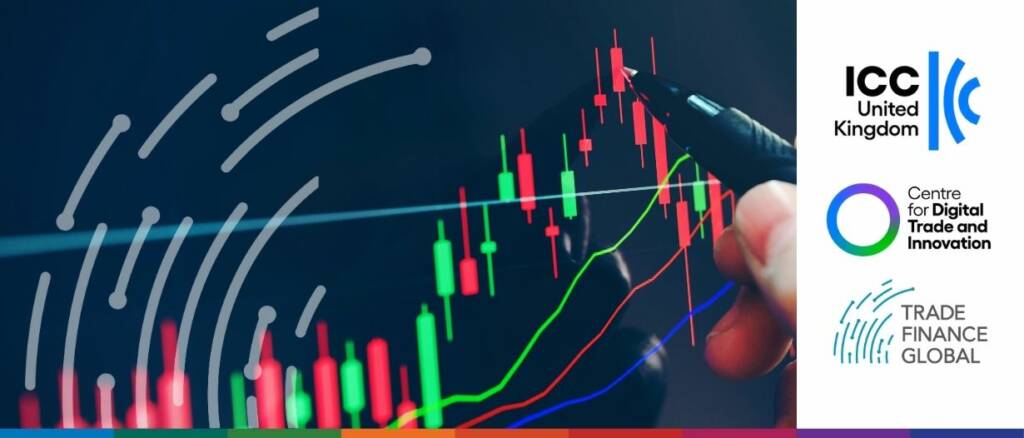The International Chamber of Commerce (ICC) has announced the update and alignment of three critical banking rules following a mandate from the ICC Global Banking Commission members in October. The… read more →
At ICC Austria’s Trade Finance Week, Trade Finance Global spoke with Isaac Mahanke, group head for traditional trade products at Standard Bank, to shed light on the prevalence and advantages of demand guarantees in Africa.
Trade Finance Week, a week-long gathering organised by the International Chamber of Commerce (ICC) Austria, has become renowned in the trade finance industry.
In the shadows of the interconnected world of international trade lies a pervasive threat that silently endangers the security of global markets. Financial crimes, with their detrimental effects on stability and integrity, cast a dark cloud over the world economy, threatening the trust upon which international trade relies. From money laundering to terrorist financing, illicit activities can have far-reaching consequences.
When the topic is fraud and financial crime, trade finance companies are certainly on high alert. Every transaction made in this multi-trillion-dollar ecosystem must be checked for sanction lists for countries as well as corporations.
At the ICC United Kingdom and C4DTI, Trade Finance Global’s (TFG) Deepesh Patel spoke with Nick Davies, Director of the ICC’s United Kingdom C4DTI, to learn more about their role in accelerating the adoption of digital trade.
At the ICC United Kingdom’s annual conference in partnership with the Center for Digital Trade and Innovation, Trade Finance Global’s (TFG) Deepesh Patel spoke with Miriam Goldby, Professor of Shipping, Insurance, and Commercial Law at Queen Mary, University of London, to learn more about the adoption of the electronic trade documents bill in the UK, breaking new ground in the transition to paperless trade.
In this episode of Trade Finance Talks, Deepesh Patel, editor at TFG was joined by Chris Southworth, co-chair of Legal Reform Advisory Board at ICC Digital Standards Initiative, and Nick Davies, director of the Centre for Digital Trade and Innovation.
ESG is certainly not a new development, but its growth and importance in financial services have never been higher. Whilst there has been a big focus on the “E” in ESG, we’re also seeing a lot of progress in tackling other aspects, such as social action to address societal challenges. One of the biggest social challenges in global trade is the huge, and growing, finance gap.
The geographically dispersed nature of international trade creates inherent difficulties when it comes to trusting a counterparty that may be located on the opposite end of the world.























